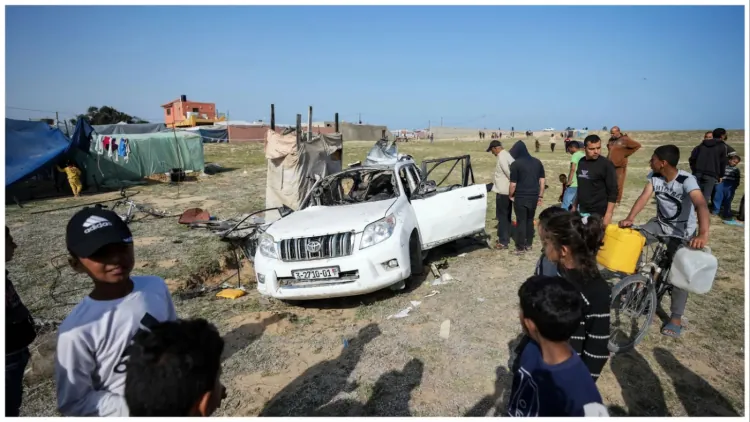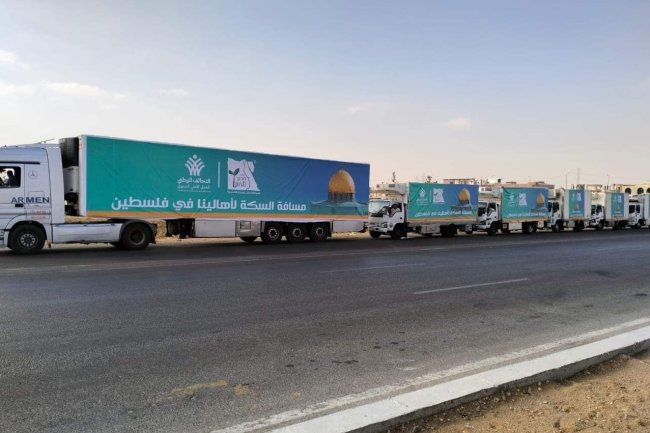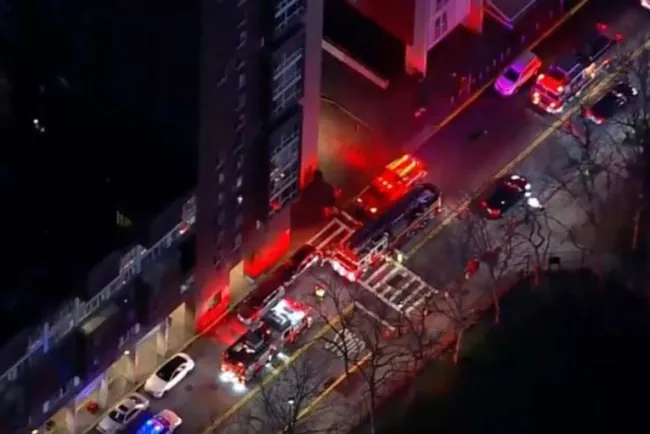ragic Strike in Gaza: World Central Kitchen Workers Targeted
An in-depth analysis of the devastating air strike in Gaza that claimed the lives of World Central Kitchen aid workers

-
Introduction
- Summary of the event
- Statement from José Andrés
-
Details of the Strike
- Date and location of the strike
- The convoy and its purpose
- Casualties and their nationalities
-
Responses and Reactions
- Israeli government's stance and promises
- International leaders' condemnation and demands
- Humanitarian organizations' operational pause
-
Impact on Humanitarian Aid
- World Central Kitchen's contributions to Gaza
- The broader implications for aid delivery in conflict zones
-
Looking Forward
- Investigations and accountability
- The future of humanitarian aid in Gaza
-
FAQs
- Details about World Central Kitchen and its operations
- Information on the international legal standards for protecting aid workers
-
Conclusion and Call to Action
- Recap of the significance of the event
- Encouragement for international cooperation and peace efforts
Tragic Strike in Gaza: World Central Kitchen Workers Targeted
In a heart-wrenching turn of events, World Central Kitchen (WCK), the renowned humanitarian organization, faced a devastating air strike in Gaza that led to the tragic loss of seven aid workers. José Andrés, the founder of WCK, has asserted that the strike was a deliberate targeting of their team, contradicting claims of an accidental incident.
Details of the Strike
The strike occurred as a convoy, clearly marked with the WCK logo and consisting of armored vehicles, was departing a warehouse in Deir al-Balah after delivering over 100 tonnes of food aid. This convoy was not just carrying sustenance but also hope to the embattled region of Gaza. The attack resulted in the death of aid workers from various nations, including Australia, Canada, Poland, the UK, the US, and a Palestinian colleague, marking a dark day for international humanitarian efforts.
Responses and Reactions
The Israeli government has labeled the incident a "grave mistake," promising an independent investigation, while global leaders have voiced their condemnation and demanded accountability. This tragic event has spurred a reevaluation of the security protocols for humanitarian operations in conflict zones, with organizations like the UN pausing activities to assess the risks involved.
Impact on Humanitarian Aid
Before this tragedy, WCK had been a lifeline in Gaza, distributing 42 million meals and becoming responsible for a significant portion of the non-governmental aid entering the territory. The suspension of its operations, along with those of other charities like Anera, raises critical questions about the future of humanitarian assistance in Gaza and similar conflict-affected areas.
Looking Forward
As calls for thorough investigations and accountability grow louder, the international community remains focused on ensuring such incidents do not recur. The need for clear protocols to protect aid workers and maintain humanitarian channels in conflict zones has never been more apparent.
FAQs
- What is World Central Kitchen? Founded by chef José Andrés, WCK focuses on providing meals in the wake of natural disasters and humanitarian crises.
- How are aid workers protected under international law? International law mandates the protection of humanitarian workers, demanding that all parties in conflict distinguish between civilian and military targets.
Conclusion and Call to Action
The loss of life among those striving to deliver aid in Gaza is a somber reminder of the challenges and dangers faced by humanitarian workers worldwide. It underscores the urgent need for enhanced protections and a collective international effort to ensure the safety of those providing essential assistance in conflict zones. As we reflect on this tragedy, let us renew our commitment to peace and humanitarian support, striving for a world where aid workers are shielded from harm as they carry out their noble missions.
What's Your Reaction?






















